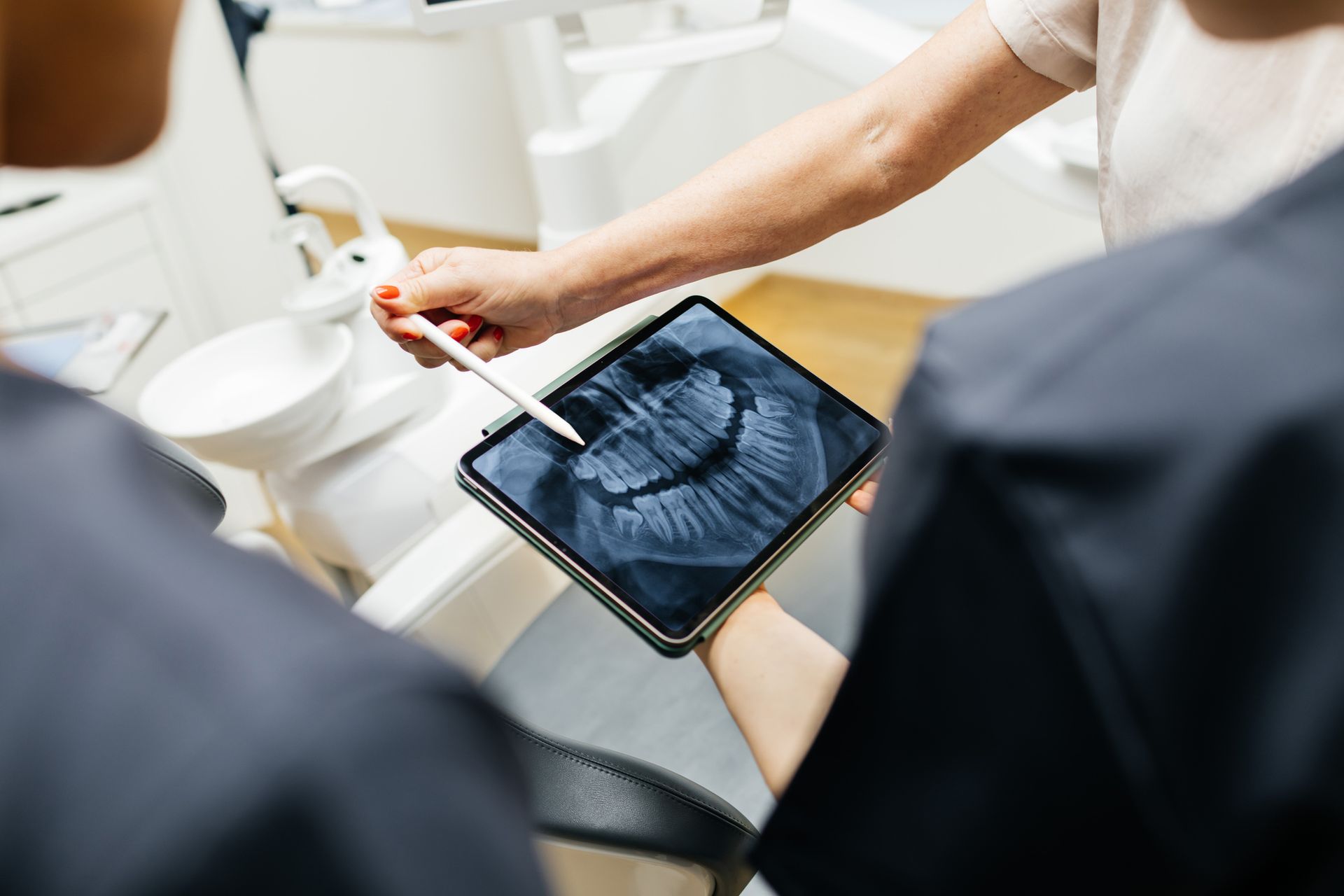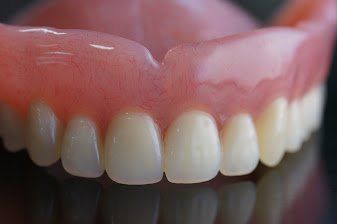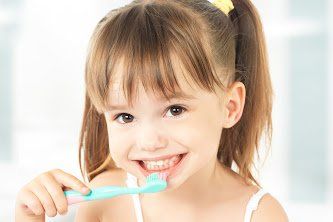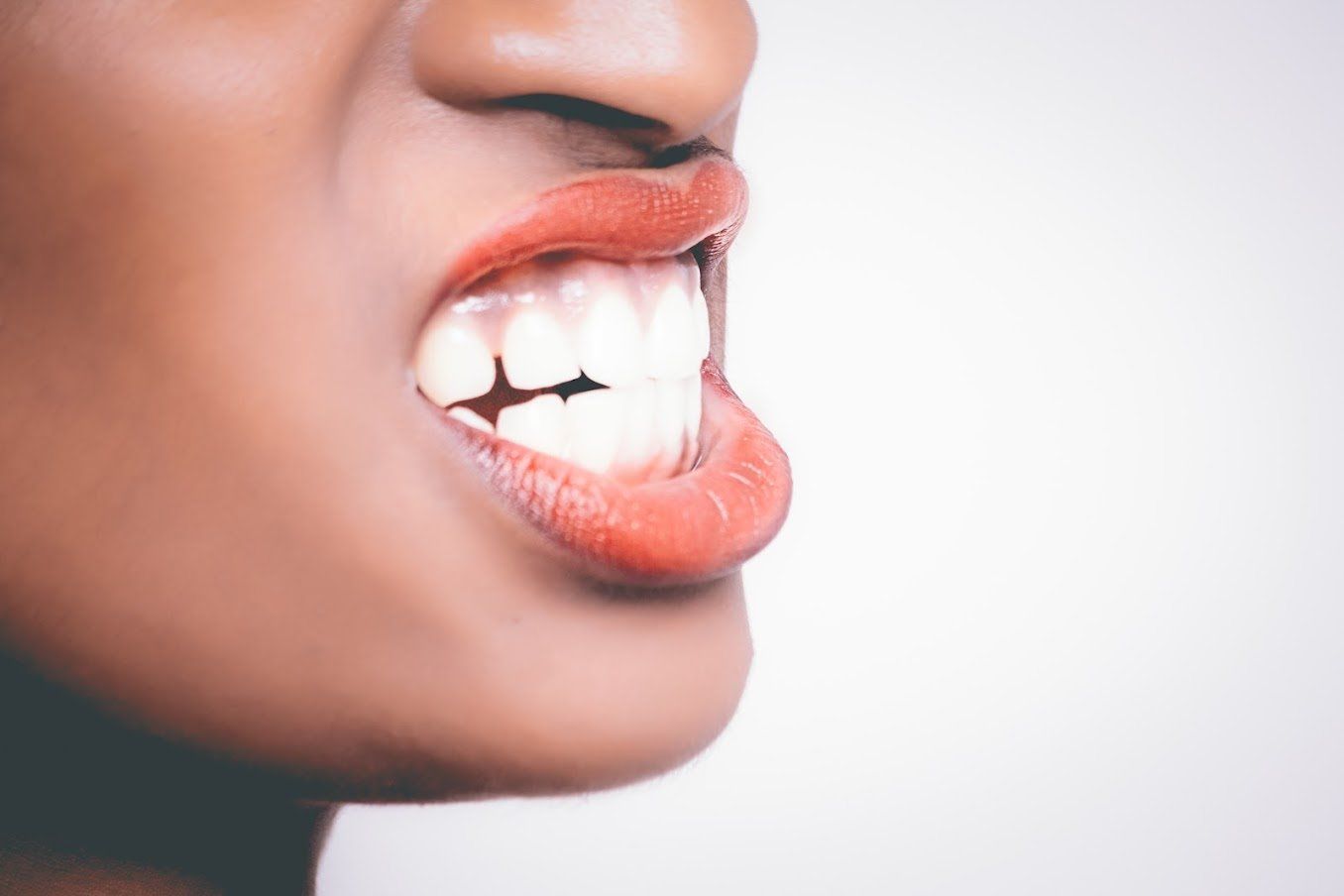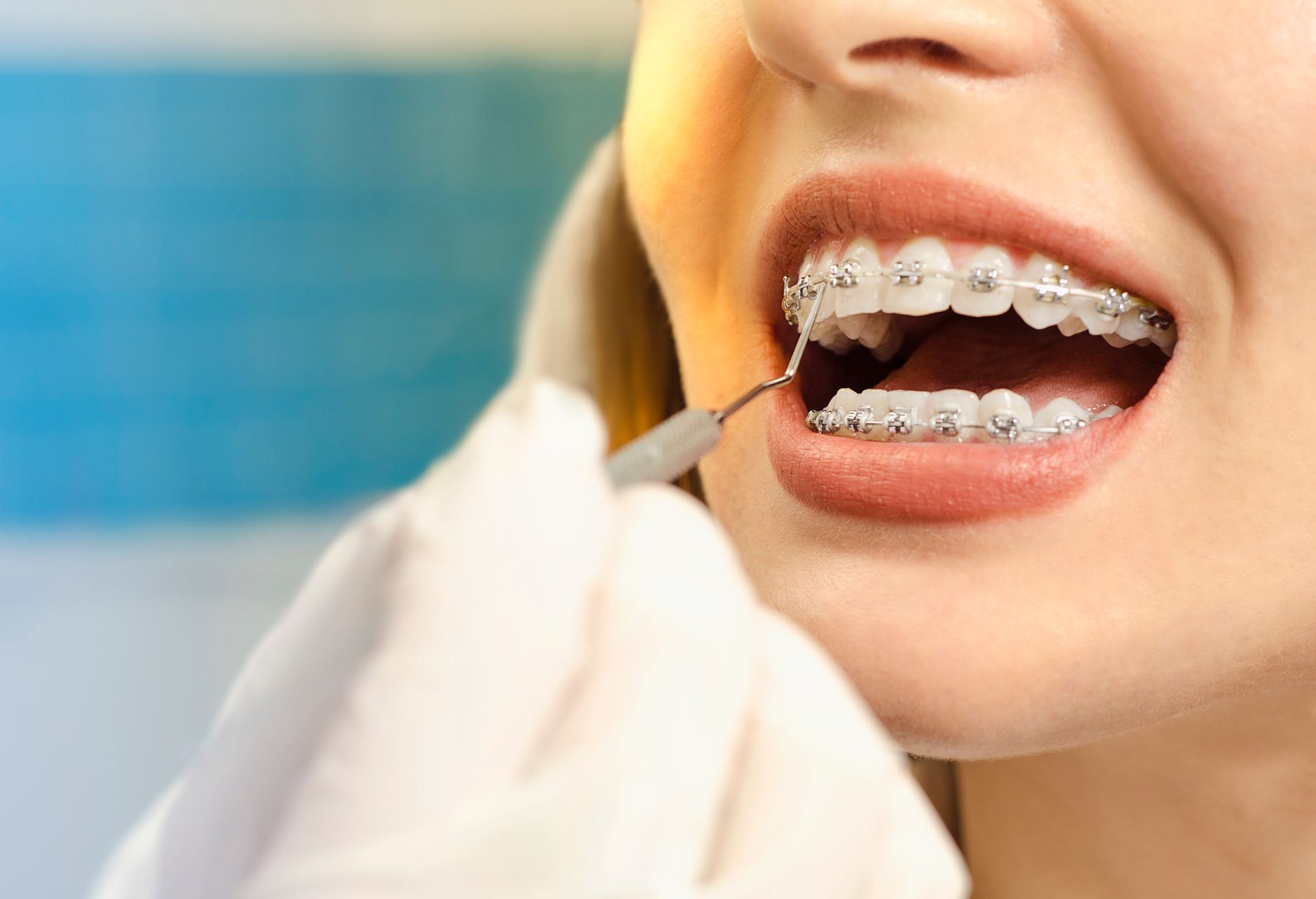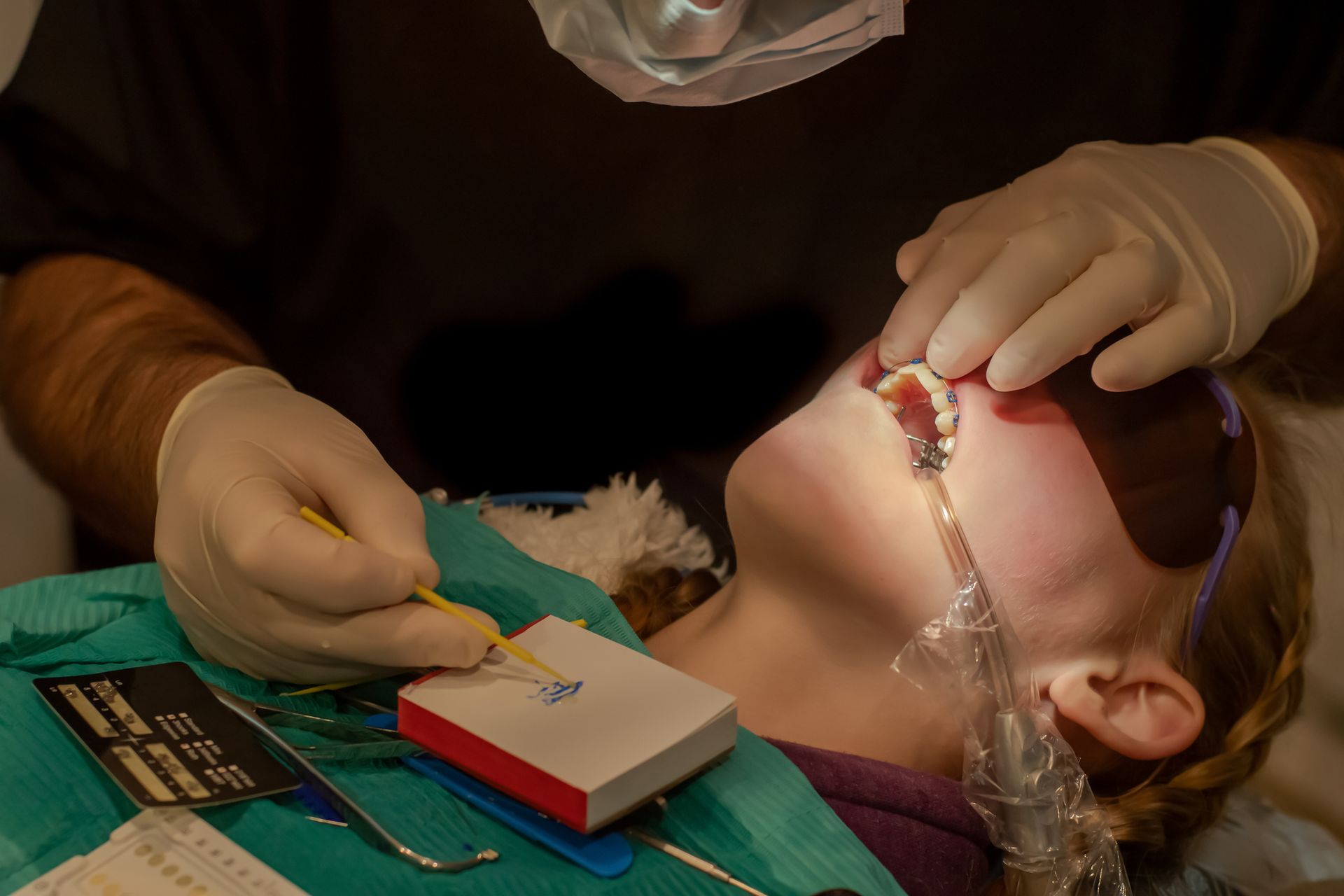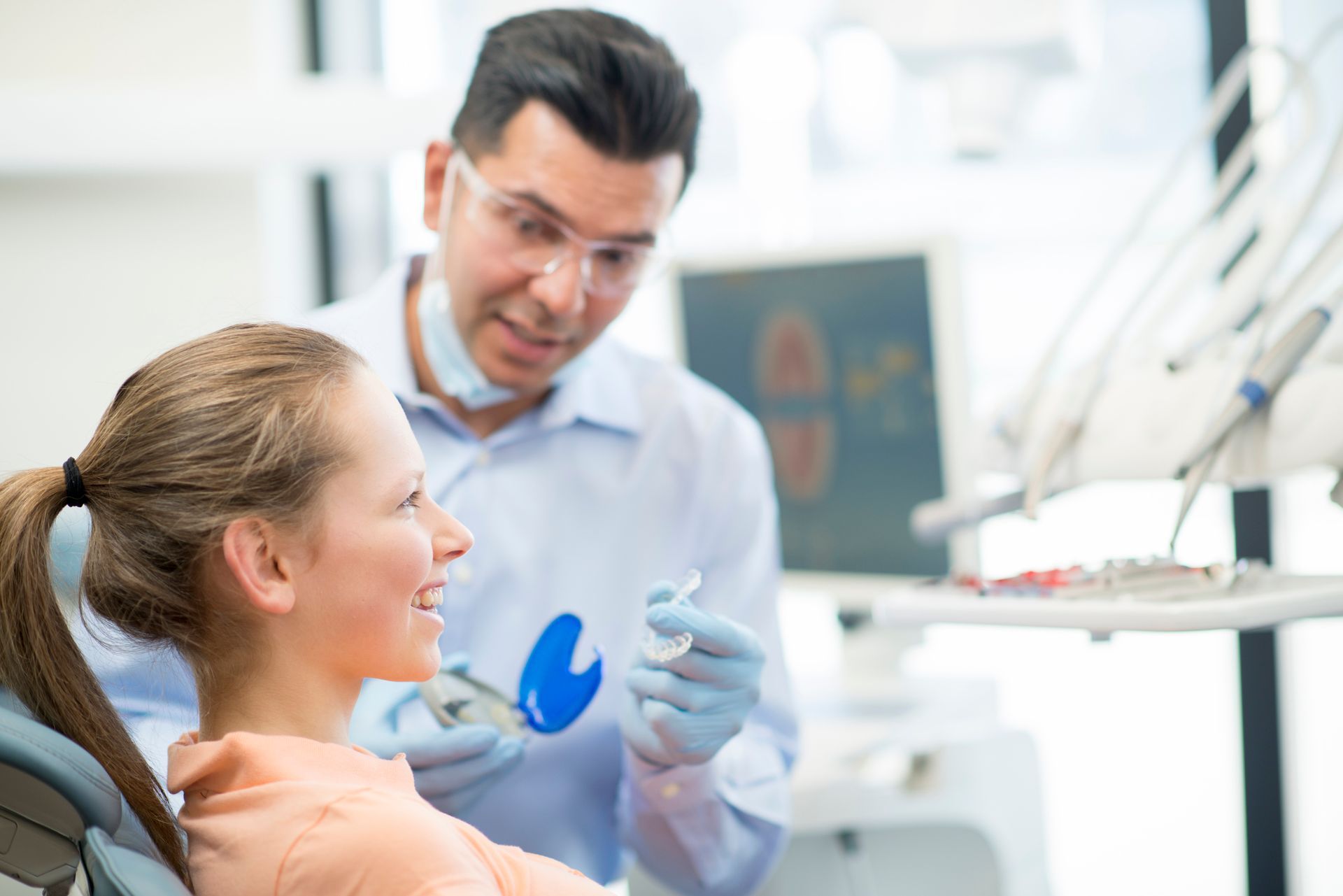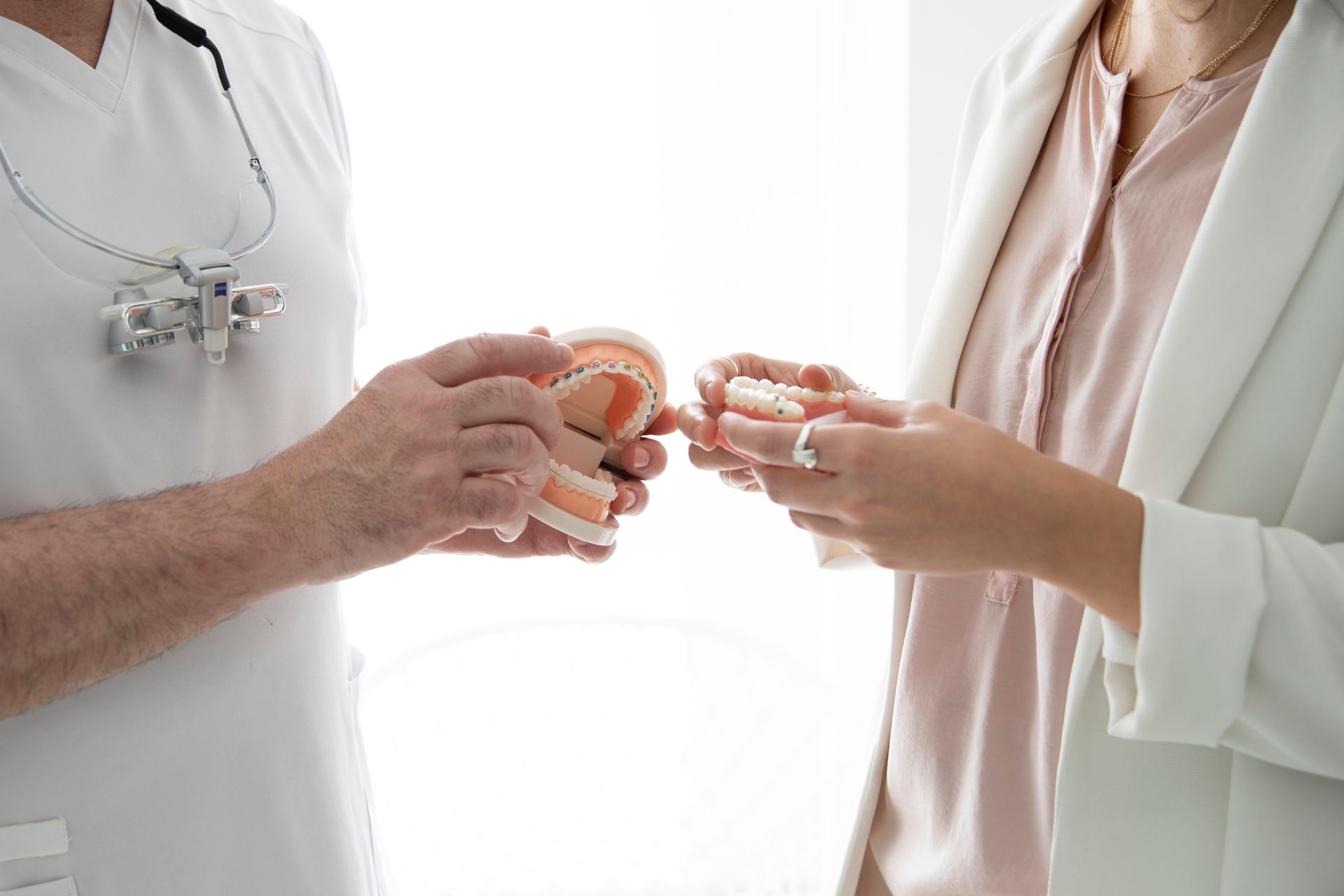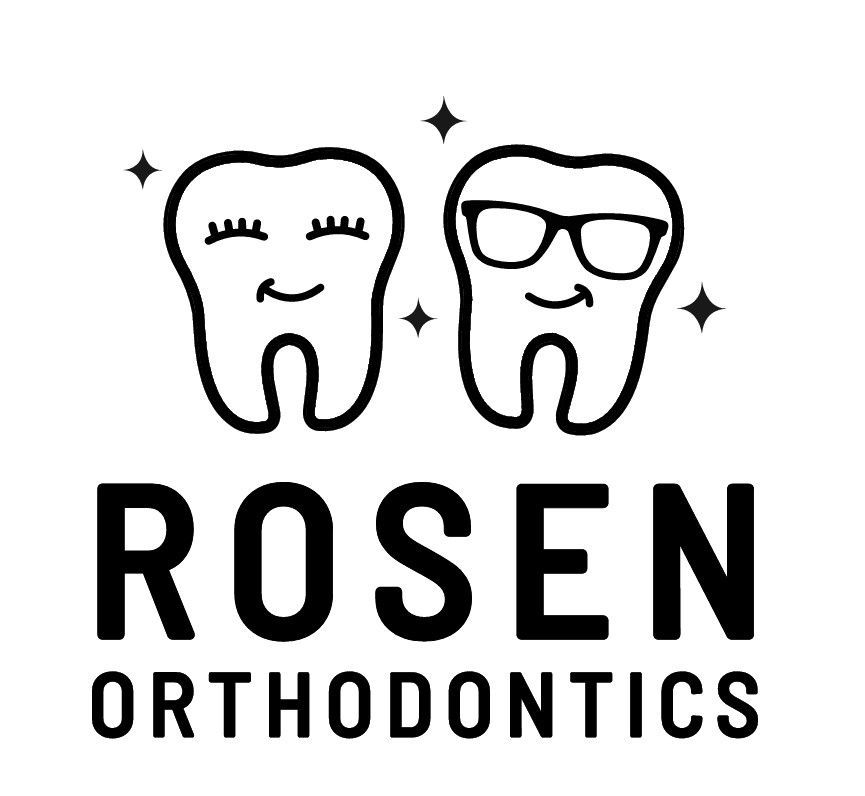Overbite Versus Underbite—Note the Differences

An improper bite is among the most common dental issues, especially among kids in America. Having an improper bite, such as an overbite or an underbite, is associated with functional issues as well as psycho-social issues.
However, most individuals are unaware of the difference between overbite and underbite. As a result, they get confused and cannot pre-empt or cure these dental issues. This blog discusses the differences between overbites and underbites and how each affects you.
What Is an Overbite?
Also known as buck teeth, an overbite is when the upper teeth extend further than the lower teeth. This misalignment in the teeth leads to protrusion of the upper teeth when talking or smiling.
Effects of Overbite
An overbite is not just an aesthetic problem. An overbite may cause chewing problems, speech impediments, and jaw problems.
Furthermore, an overbite makes it hard to reach some areas of the teeth during brushing. Food particles may also get stuck between the teeth, leading to plaque build-up and decaying teeth.
In severe cases, an overbite can also cause gum recession due to the constant contact of the lower gum with the upper teeth or the upper gum with the lower teeth. If left untreated, the issue can cause gum disease.
Causes of Overbite
Overbites can be caused by various factors, such as habits (thumbsucking, nail biting, etc), genetics, or in rare cases craniofacial disorders. In most cases, it is a combination of skeletal and dental effects or inharmonious skeletal growth.
What Is an Underbite?
An underbite is the opposite of an overbite, in which the upper teeth come in behind the lower teeth and jaw. This issue makes you appear to be sticking your lower jaw out.
Effects of Underbite
The effects of an underbite are similar to those of an overbite. For instance, an underbite can also cause breathing issues, speech impediments, and enamel wear. And, since the teeth are hard to clean, food particles can get stuck, leading to plaque and decaying teeth.
Causes of Underbite
An underbite is mostly a genetic issue. For example, you can be born with a misaligned jaw or missing teeth that result in an underbite..
How Can You Treat Overbites and Underbites?
Both dental issues can negatively affect your quality of life and decrease your self-esteem. Luckily, both issues are correctable with orthodontic treatment.
For example, your orthodontist may recommend braces to adjust the teeth. Braces are especially helpful in mild cases of overbite and underbite. Invisalign is the other popular orthodontic treatment that can be used to correct an overbite or underbite. Both treatments allow the teeth to move gradually to the right position.
Finally, for severe cases, the orthodontist may recommend surgery to fix the jawbone or other facial bones and thus correct the issue.
Now that you understand the differences between overbite and underbite, you are better positioned to seek appropriate treatment. If you experience any of the mentioned signs but are unsure if you have an improper bite, consult a reliable orthodontist for diagnosis. The expert will examine you and recommend the best treatment plan based on the severity of your condition.
You can trust us at Rosen Orthodontics to help you with any aesthetic issue related to your teeth. We offer a range of treatments to correct your bite and restore your smile. Contact us for a consultation.
